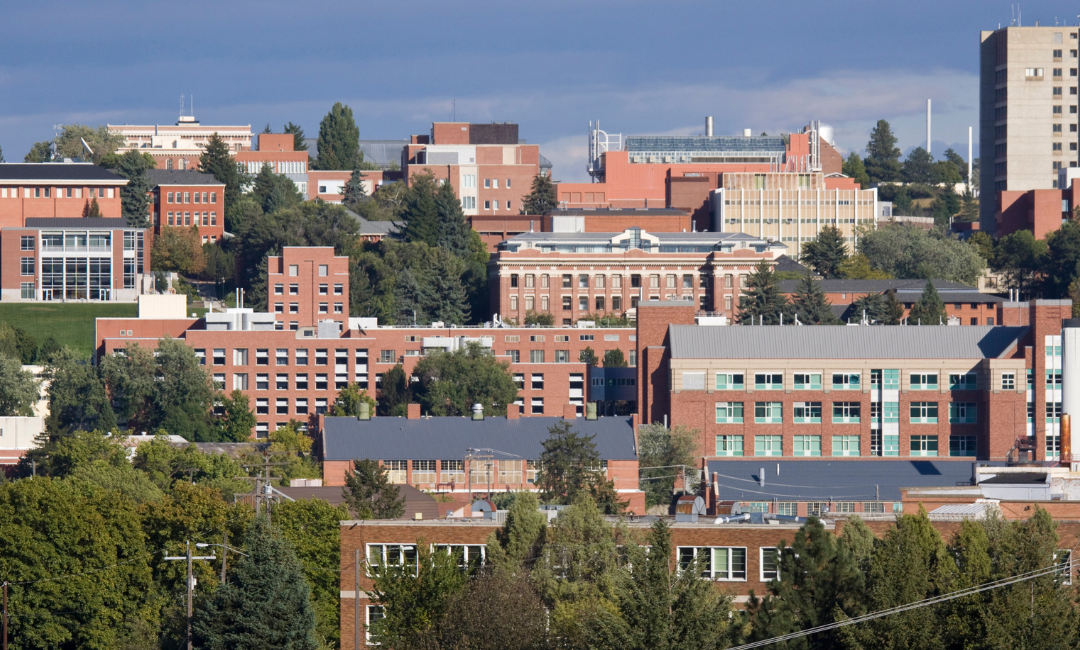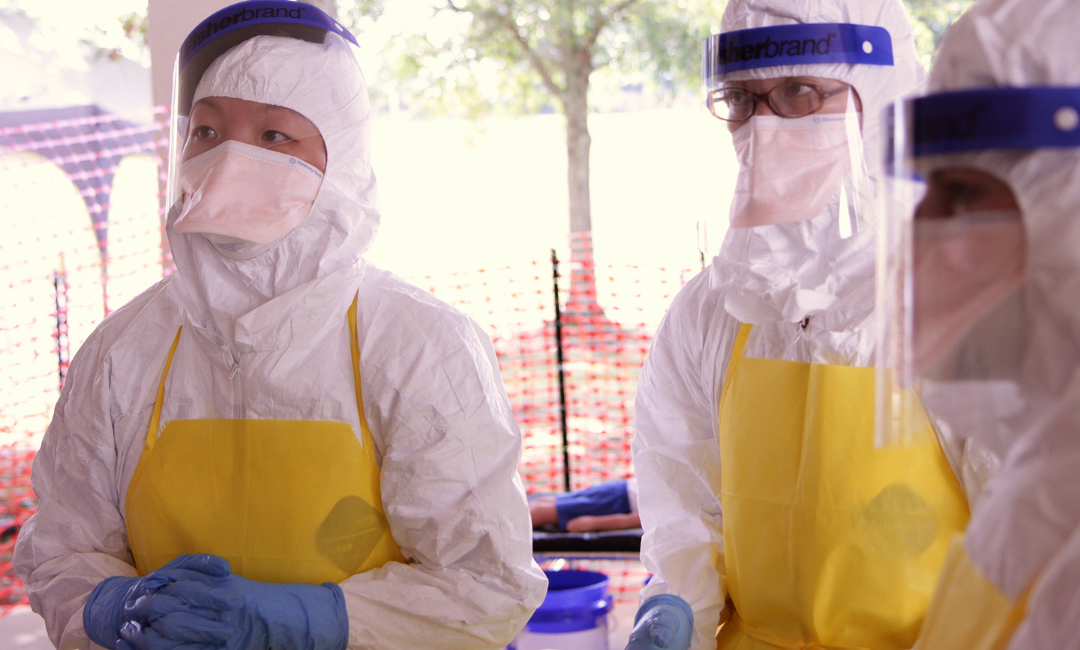Healthcare High School in Alabama
Following legislative approval, the Alabama School of Healthcare Sciences (ASHS) is slated to begin its first classes in 2026. Gov. Kay Ivey said in a statement that students will benefit from education at the specialty high school, ultimately improving the state’s healthcare workforce.
“The Alabama School of Healthcare Sciences is yet another way our state is leading the nation in innovative education solutions,” Ivey said. “ … Investing in the Alabama School of Healthcare Sciences is an investment in education, our healthcare workforce and the future of Alabama.”
ASHS will be located in Demopolis, Alabama, (a town of about 7,000 people roughly 100 miles west of Montgomery, Alabama) near Whitfield Regional Hospital.
The hospital, according to the ASHS Foundation, will be a “learning lab” for students.
“While we’ll get to help shape the future of Alabama’s healthcare workforce in our facility, this school also will attract wonderful people who can contribute to our level of care,” Whitfield Regional Hospital CEO Douglas Brewer said. “Having the opportunity to train future healthcare workers is humbling, and we do not discount the level of trust placed in our hospital and our city.”
Majd Zayzafoon, MD, PhD, MBA, the founding director of ASHS Strategic Initiatives and Planning, said the school is about more than “bricks and mortar.”
“It’s about building a future where healthcare excellence thrives in rural communities all over the State of Alabama,” said Zayzafoon, a professor and assistant dean of the Heersink School of Medicine at UAB. “We’re laying the foundation for a school that will empower students with the skills and passion to transform lives.”
Its board of trustees will include an assistant state superintendent who oversees curriculum development, along with leaders from Whitfield Regional Hospital, various state universities, and the Alabama Community College System, among others.
The school will be state-funded and can receive “grants, donations, and funds from any other source including, but not limited to, corporations, individuals, and foundations,” according to the recently passed legislation.









